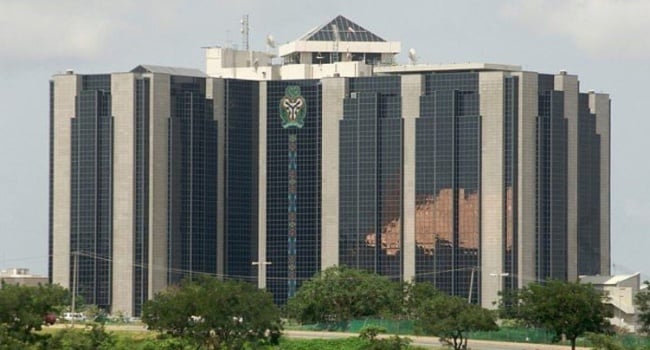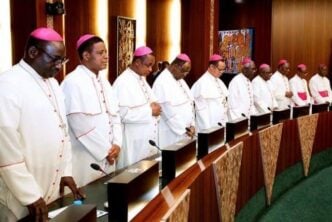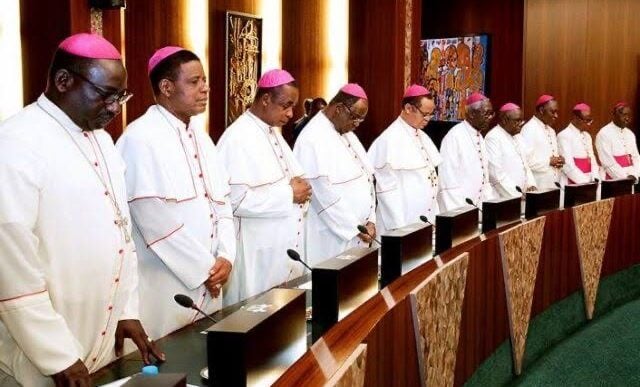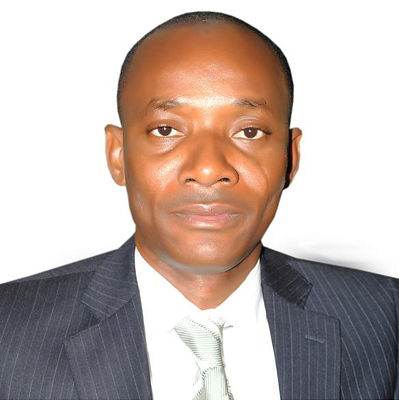The Central Bank of Nigeria (CBN) says it cannot introduce new intervention programmes because N4.69 trillion of past interventions remain outstanding, limiting its ability to support new initiatives.
Speaking at the 303rd monetary policy committee (MPC) meeting in Abuja on Tuesday, Olayemi Cardoso, CBN governor, said a review of past intervention schemes showed that the total value of interventions issued over a decade stood at N10.93 trillion.
“Now, we did a survey, a small study, of interventions in the central bank. And we came out with certain numbers, which showed that intervention, total amount of intervention was about N10.93 trillion, which goes back perhaps 2010 or 2013,” Cardoso said.
“Now, out of that, we still have outstanding of N4.69 trillion naira, which represents about 43 percent of those interventions. Since we have come, we’ve been able to reign back about N2 trillion. This is a humongous amount of money.”
Advertisement
He further said the lack of funds prevents new economic interventions, which, paradoxically, is working because it stops the central bank from taking actions that historically caused heavy market distortion.
The CBN boss added that the apex bank is now focused on using its influence to encourage private sector development, recognising that past interventions created a moral hazard and discouraged private competition.
NIGERIA’S EXTERNAL RESERVES INCREASED BY 9% TO $46.70BN IN TWO YEARS
Cardoso said gross external reserves increased by 9.19 percent, reaching $46.70 billion on November 14, 2025, from $42.77 billion at the end of September 2025.
Advertisement
He added that it is sufficient to cover 10.3 months of import for goods and services.
The CBN governor also said global outlook is projected to recover in the near to medium term, “underpinned by improved trade negotiations, accommodative monetary policy, in advanced economies, and easing geopolitical tensions”.
“However, headwinds to the outlook include the potential for increasing protectionism, geo-economic fragmentation, and likely resurgence of trade tensions between the U.S. and its major trading partners,” he said.
“Global inflation is expected to maintain a steady decline through 2026, on the back of the combined impact of past monetary tightening, gradual mobilisation of the global supply chain, and softening commodity prices. Inflation is, however, projected to remain above pre-pandemic levels in the near term.”
Advertisement
The CBN governor added that the purchasing managers’ index (PMI) rose to 56.4 points in November 2025, the highest in five years, signalling stronger economic growth for the third and fourth quarters.








